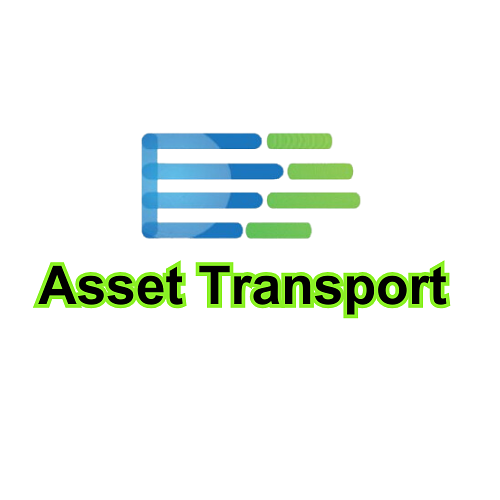Being an owner-operator provides flexibility and independence, along with the potential for substantial earnings. However, managing your business expenses is crucial for maximizing profitability. Here’s a detailed look at the 11 essential costs you should consider to ensure your trucking business thrives.
1. Truck Payments
The monthly payment for your truck, whether leased or purchased, is one of your largest fixed expenses. After paying off your truck, remember to budget for ongoing maintenance and repair costs to extend its lifespan.
2. Fuel Costs
Fuel is typically the most significant expense for owner-operators, averaging between $50,000 and $70,000 annually. To manage these costs, focus on optimizing your routes, controlling your speed, and using a fuel card to access discounts.
3. Maintenance and Repairs
Routine maintenance is necessary to prevent unexpected breakdowns and expenses, which usually account for around 10% of your overall costs. Establishing a preventative maintenance plan will help you manage these costs effectively.
4. Insurance
Both truck and health insurance are vital for owner-operators. While higher coverage options can mean greater premiums, they also reduce the risk of financial losses due to accidents or health issues. Assess your needs to strike the right balance.
5. Broker Fees
If you partner with freight brokers, be aware that they typically charge fees ranging from 10-20% of the gross margin for each load. It’s essential to choose reputable brokers who offer good service for the costs incurred.
6. Transportation Management System (TMS) Subscription
Investing in a TMS can greatly reduce administrative work and streamline your operations. For a small monthly fee, a TMS automates tasks like invoicing and reporting, improving efficiency.
7. Taxes
As an owner-operator, you'll face both self-employment and income taxes, usually amounting to 20-30% of your net earnings. Don’t forget to leverage available tax deductions related to business expenses, such as fuel and maintenance.
8. Food and Drink Expenses
Dining on the road can become costly. Consider preparing meals with a portable refrigerator and cooking equipment to keep expenses in check while promoting healthier eating.
9. Load Board Subscriptions
Access to load boards can help you quickly find available hauls. However, subscription fees can add up, so weigh the benefits of multiple boards against your budget.
10. Factoring Fees
Freight factoring services can help you maintain cash flow by providing faster payments after completing hauls. Expect to pay around 2.5-5% per invoice for this convenience.
11. Licensing and Permits
Annual licensing and permit fees can vary by state and must be factored into your budget. These expenses include business licenses, vehicle inspections, and compliance with regulatory requirements.
12. Miscellaneous Expenses
Additional costs, such as tolls, parking fees, and maintenance supplies, can also add up. Keeping track of these miscellaneous expenses will provide a clearer picture of your overall financial health.
Understanding and managing these essential expenses will empower owner-operators to optimize their operations and enhance profitability. Success in the trucking industry involves not just earning income but also effectively managing costs to secure your business's future.
Ready to take control of your cash flow? Join Asset Transport today and experience our hassle-free freight factoring services. Haul your loads, submit your paperwork, and get paid within 24 hours.

